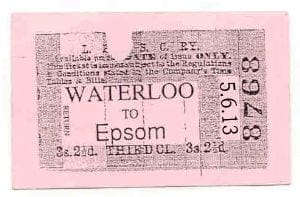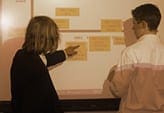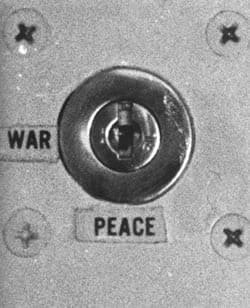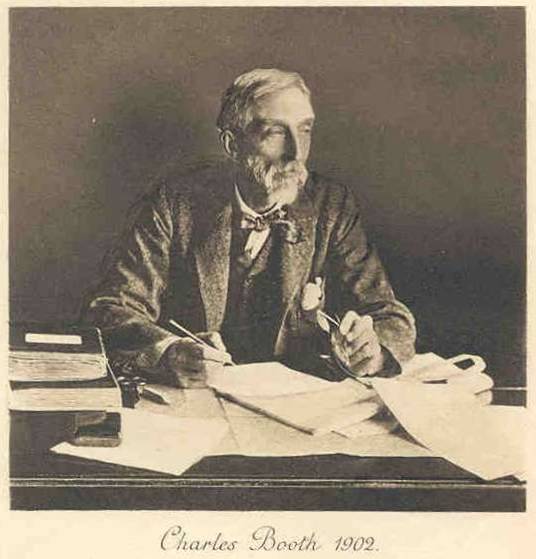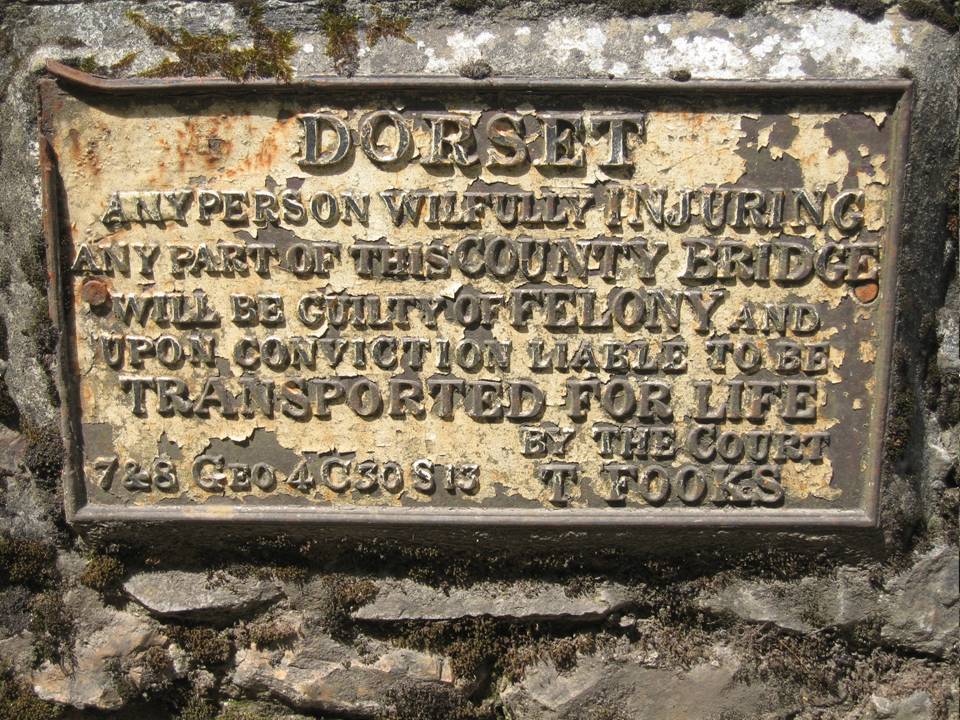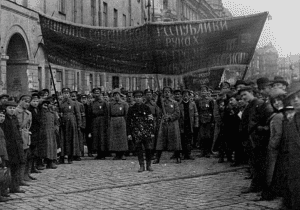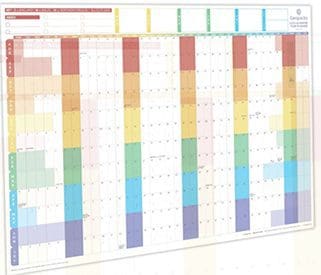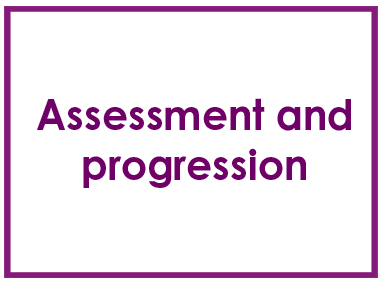
This section focuses mainly on peer assessment as I firmly believe that this is the best way forward at KS4. Not only are the students usually more mature, they have also had the experience of peer assessment at KS3, thanks not least to the National Strategy. Much work is already going on in this area, so all I want to do is to reiterate some of the key principles and to make a few observations about what works best in the classroom.
Some important observations
- I think students should spend more time assessing their work and that of their peers. This would free you to devote your time to observing who is making good progress and who needs more one-to-one support.
- Students often take advice from their peers more readily, especially if you have built up a good group ethic.
- As students talk about their learning they develop

